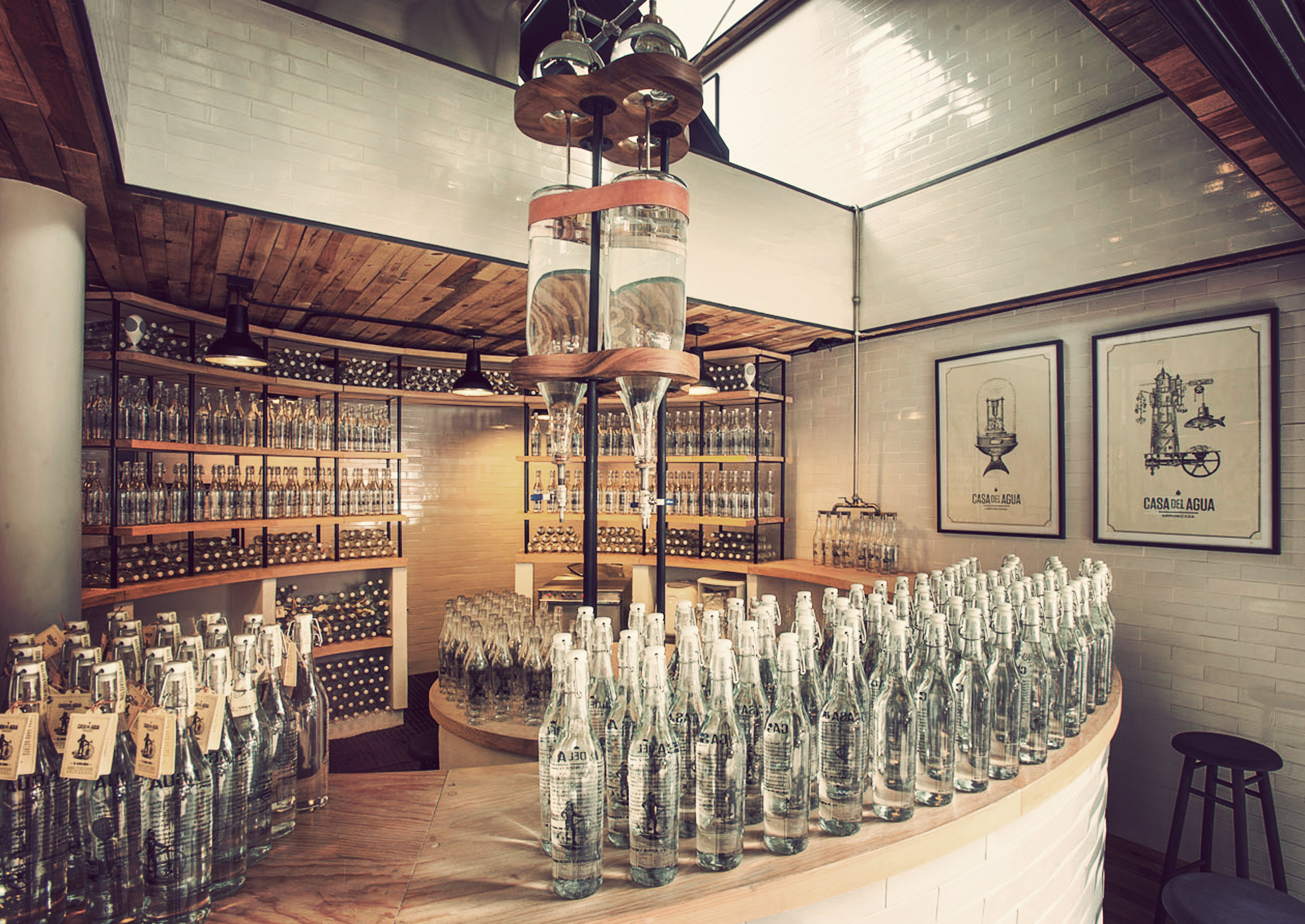
Rainwater harvesting: the solution to water shortage
The World Health Organization (WHO) and UNICEF in 2017 said that 2.1 billion people lacked access to safe drinking water and that 40 percent of humanity is…
Casa del Agua is a Mexican rainwater harvesting initiative capable of producing as many as 500,000 liters (132,000 gallons) per day of water suitable for human consumption.
"It's vital to acknowledge the importance of rainwater harvesting to improve its use for human consumption," Bosco Quizaña, a founding partner of Casa del Agua, told EFE, adding - on the occasion of World Water Day, March 22 - that the process is the solution to water shortage problems.
Quizaña detailed the technique employed by the project he heads, which replicates natural processes and involves triple-filtration, evaporation and condensation.
The process starts on the so-called "green roof" of a home or building where rainwater is collected and pushed through a filter that removes sediments, he said.
It then goes through a second filter, where water collected during the first 15 minutes of the start of a rain shower is discarded - as it contains as much as 70 percent of any pollutants in the atmosphere - before going into storage and being allowed to settle, an ancient technique involving the separation of liquids and solids using gravity.
"It goes through a silica sand-based industrial filter, which produces potable water that is ready to drink, surpassing quality standards," said Quizaña.
The resulting water has a pH of 8.5, ideal for an alkaline diet, which prevents degenerative illnesses, he said, adding that the project he heads produces "the purest water on the market."
RELATED CONTENT
The World Health Organization (WHO) and UNICEF in 2017 said that 2.1 billion people lacked access to safe drinking water and that 40 percent of humanity is affected by water shortages.
According to the United Nations, as much as 80 percent of wastewater flows back into the ecosystem without being treated or reused.
The organization said, however, that the answer to many of the world's water-related challenges is to be found in natural solutions, such as reconnecting rivers and restoring wetlands, which would re-balance the water cycle, as well as improve public health.
According to the Casa del Agua founder, Mexico City could become self-sustaining if residents harvested rainwater on their rooftops and implemented a storage system to filter it instead of discarding it into the sewage network.
Quizaña started the Casa del Agua project five years ago, with a vision to connect man and nature via responsible practices.
He said that it is important to "understand that water is at the center of the ecosystem and the most important consumer good for humans and all living organisms."










LEAVE A COMMENT:
Join the discussion! Leave a comment.